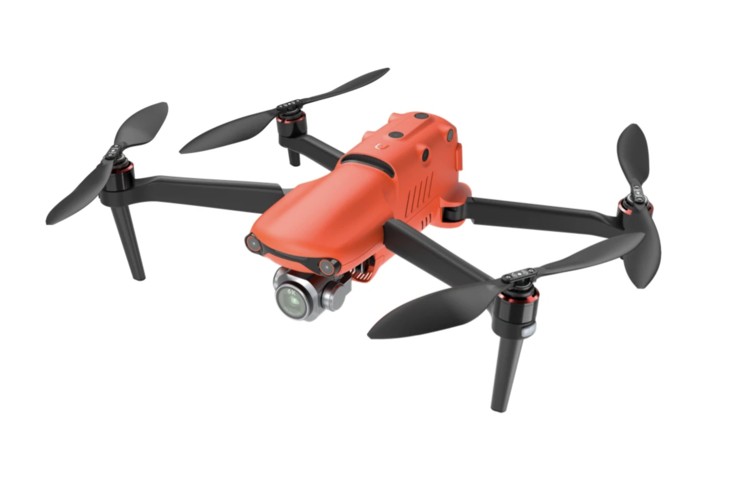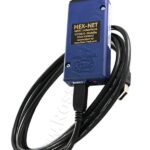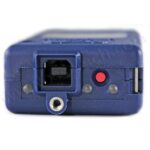The choice of drone for solar applications is crucial, considering factors like battery life, flight capabilities, and weather resistance. A drone should be viewed as a vital business tool, not just a gadget. This review delves into the Autel Evo II Pro 6K, analyzing its strengths and weaknesses to determine its suitability for solar work.
Autel Evo II Pro 6K: Advantages and Disadvantages
The Autel Evo II Pro 6K boasts impressive specifications, including a 1” sensor, 6K Ultra-HD camera, 9 KM transmission range, and a claimed 40-minute flight time. But how does it perform in real-world scenarios? Let’s break down the pros and cons.
Pros: Where the Autel Evo II Pro 6K Excels
- Exceptional Battery Life: Field tests reveal a consistent 36-38 minute flight time, slightly less than advertised but still ample for extensive commercial solar surveys. This rivals the DJI Mavic 3 and surpasses the Mavic 2’s 30-minute limit.
- Robust Build Quality: The drone’s solid construction inspires confidence during handling, unlike some smaller, more fragile models.
- Stable and Steady Flight: The slightly heavier battery contributes to remarkable stability, even in windy conditions, noticeably outperforming other tested drones.
- Integrated Flight Planning: The Autel app allows for pre-planned grid-style missions, a feature requiring a separate app on DJI drones. This streamlines both residential and commercial solar surveys.
- Built-in Controller Screen: The controller’s integrated screen eliminates the need for a smartphone or smart controller, enhancing convenience.
Cons: Potential Drawbacks of the Autel Evo II Pro 6K
- Limited Brand Recognition: Compared to DJI, Autel’s lower brand recognition can make sourcing accessories, batteries, and replacement parts more challenging.
- Uncertainty about Autel’s Future: While currently powerful, Autel’s long-term ability to compete with DJI in the dynamic drone market remains uncertain.
- Higher Price Point: The Evo II Pro 6K is pricier than comparable drones like the DJI Mavic Air 2. However, its advanced features, particularly integrated flight planning, justify the higher cost.
- Overly Sensitive Obstacle Avoidance: The drone’s aggressive obstacle avoidance can cause unnecessary hovering, even when clear paths are available. While enhancing safety, this can disrupt workflow.
Alt: Autel Evo II Pro 6K drone in flight.
Autel Evo II Pro 6K for Solar Surveying: A Sound Investment?
Alt: Close-up view of the Autel Evo II Pro 6K drone camera.
The Autel Evo II Pro 6K proves a strong contender against DJI, offering features specifically beneficial for solar applications. Although lacking DJI’s market dominance, Autel remains a reputable brand. Its feature set mirrors DJI’s core functionalities, ensuring a smooth transition for users familiar with DJI drones.
The Autel Evo II Pro 6K’s impressive battery life, flight stability, and advanced flight modules make it a compelling choice for both residential and commercial solar site surveying. Despite minor drawbacks, its strengths significantly outweigh its weaknesses, positioning it as a valuable tool for solar professionals.



